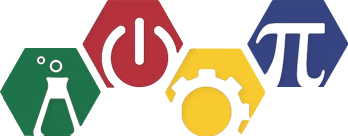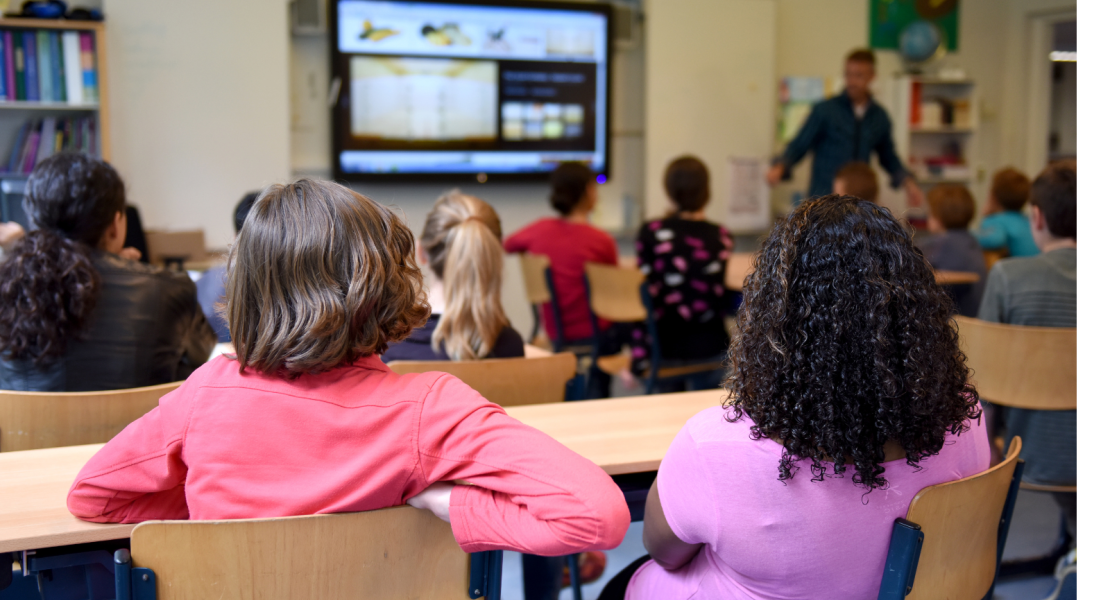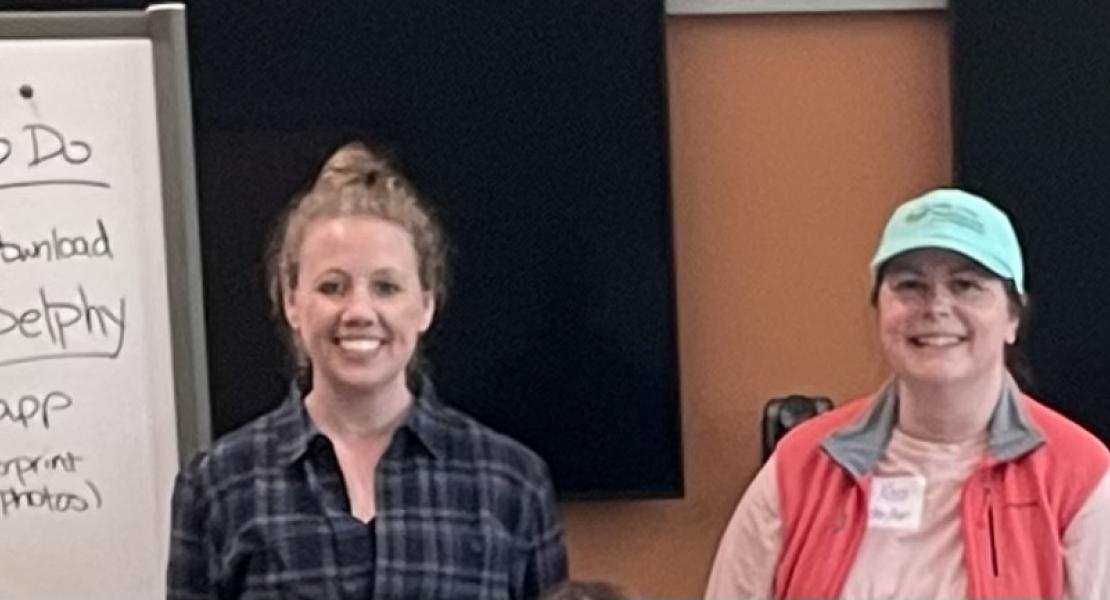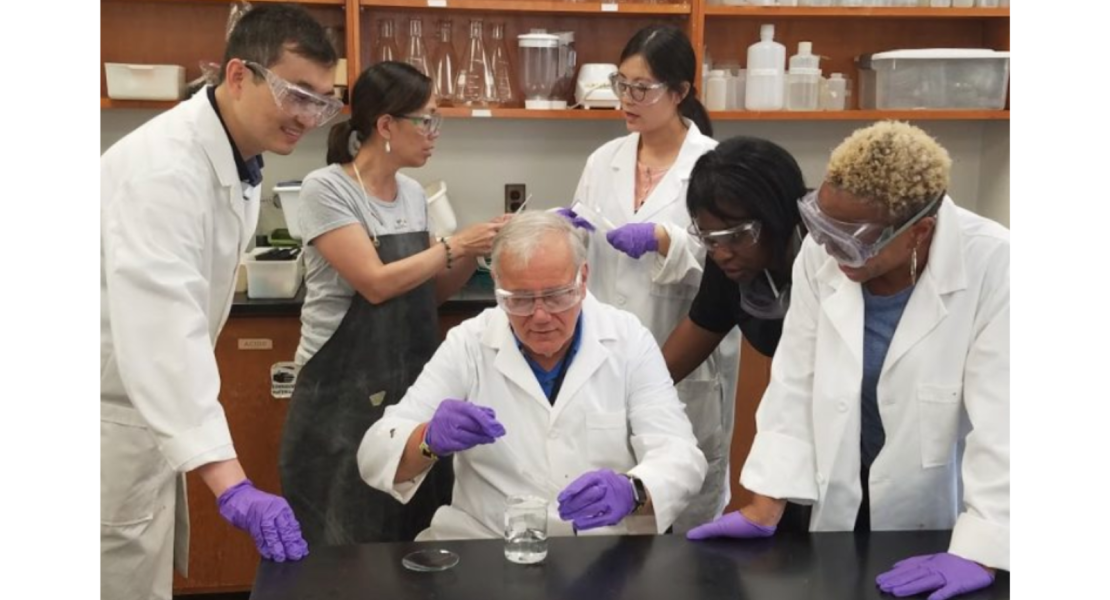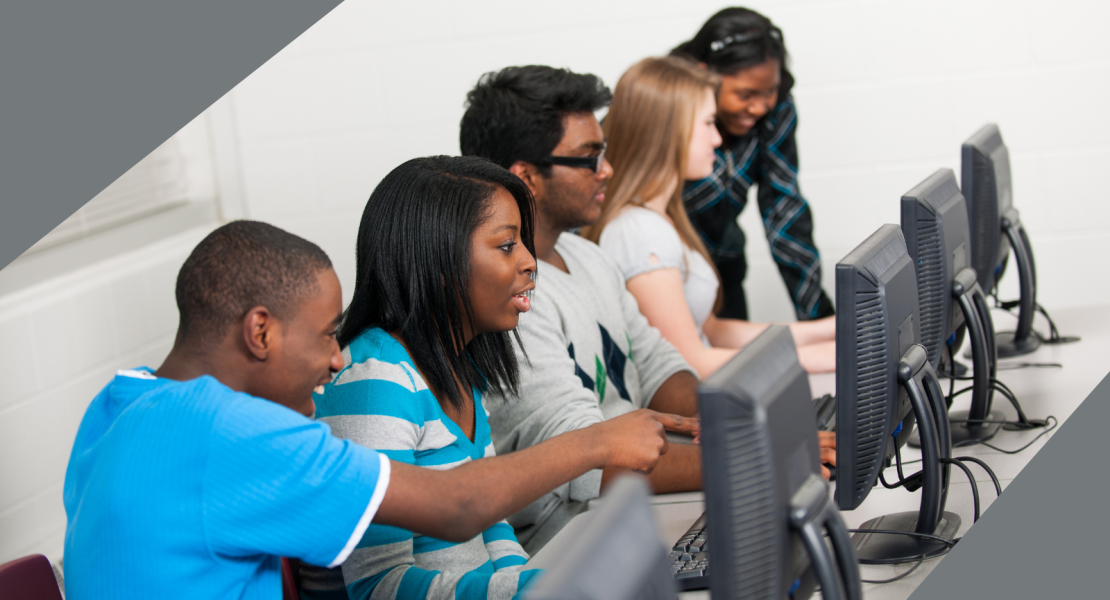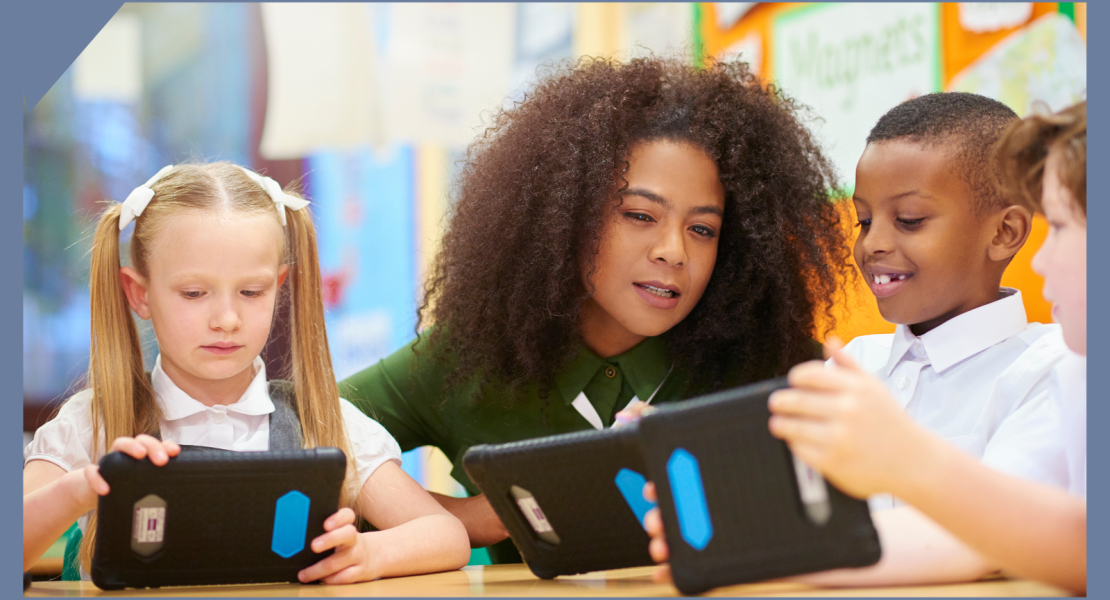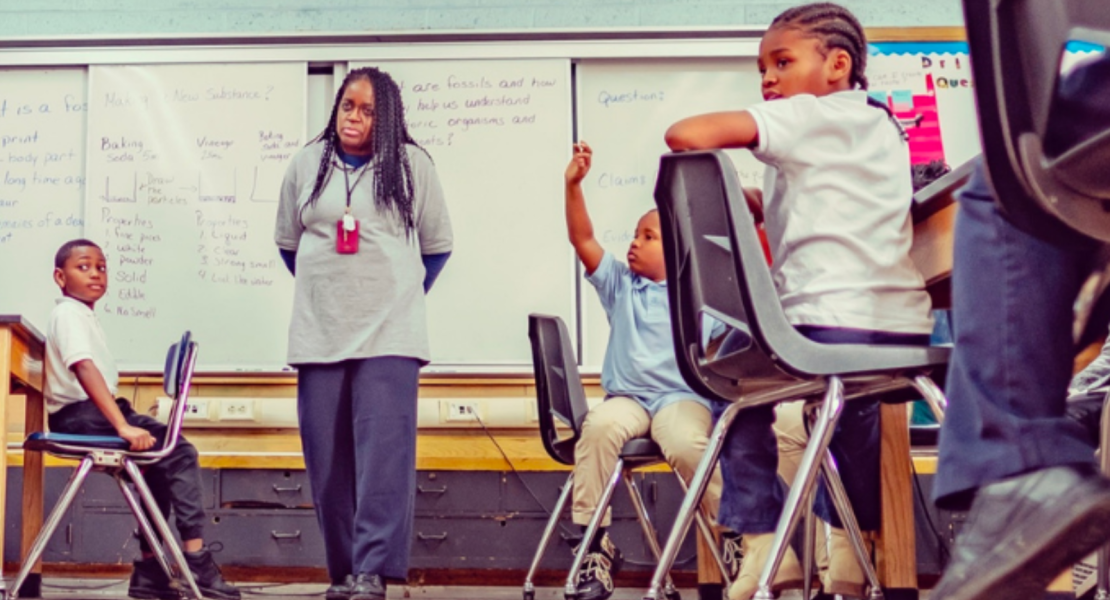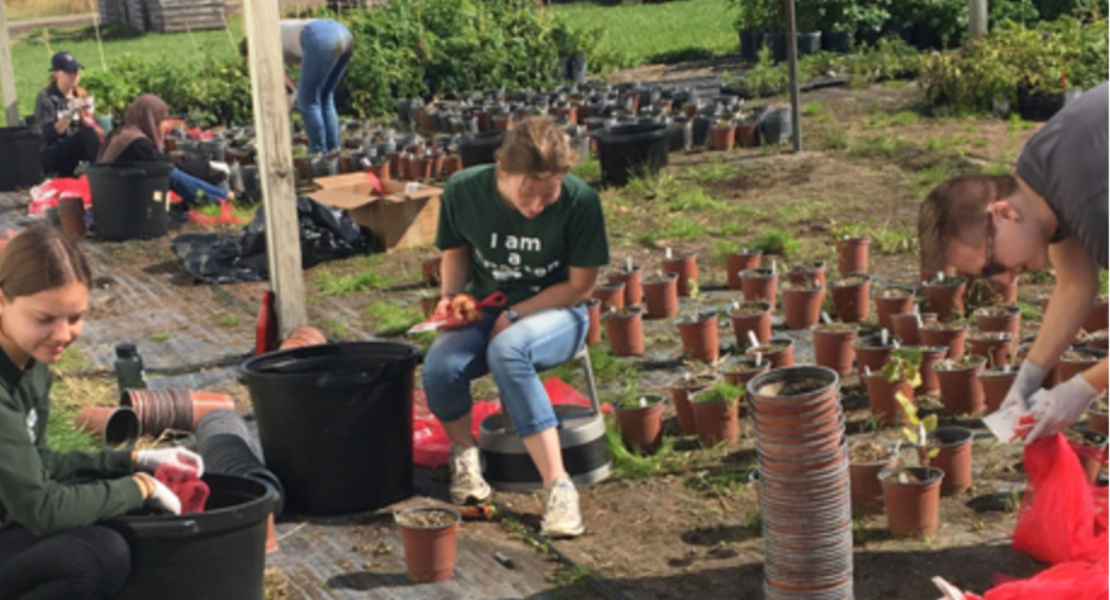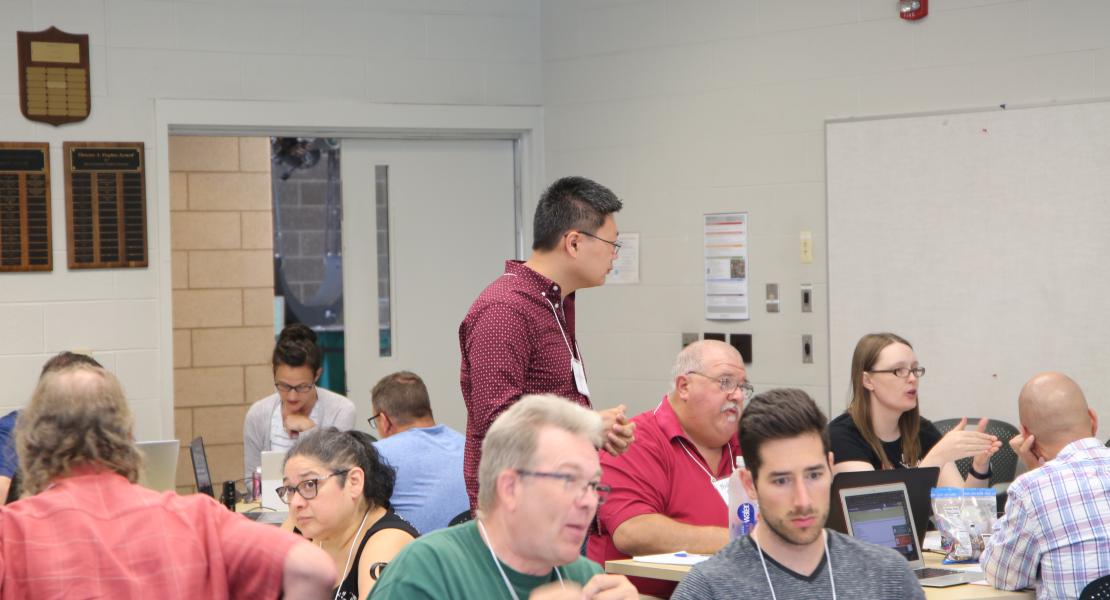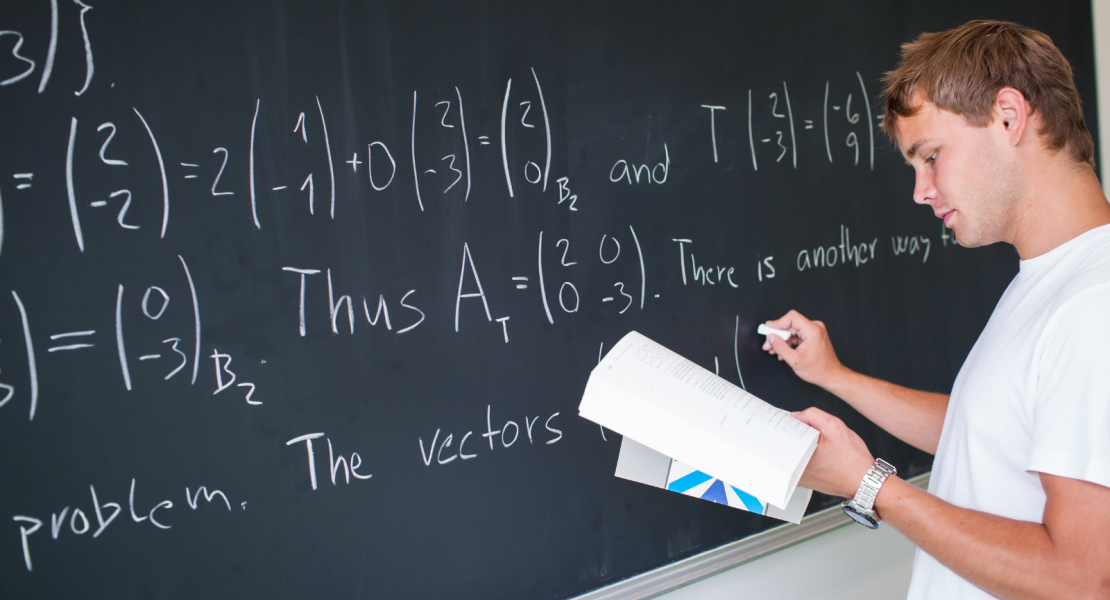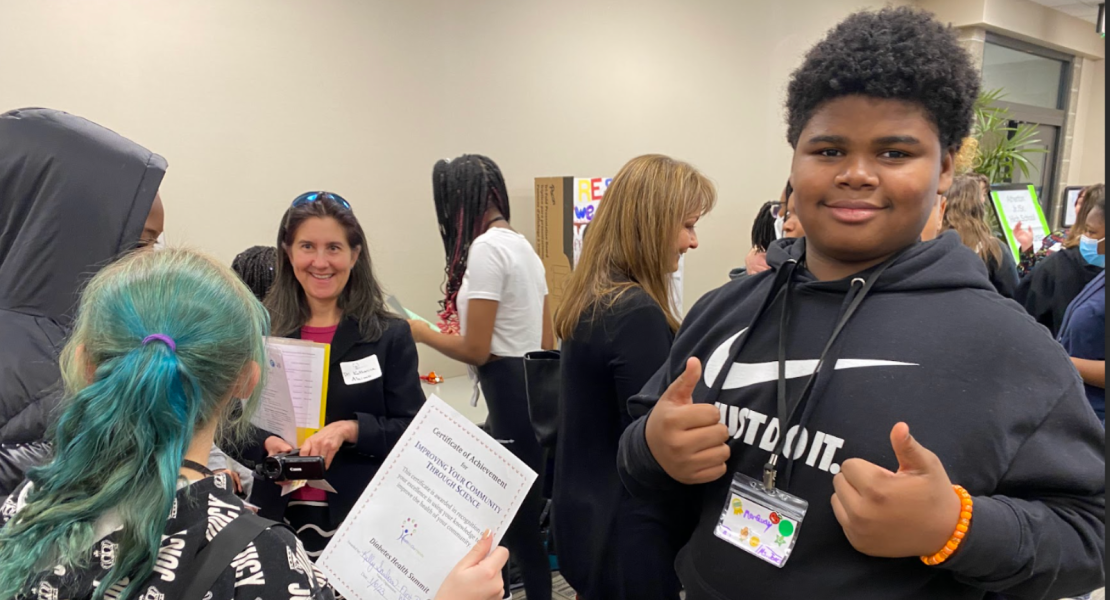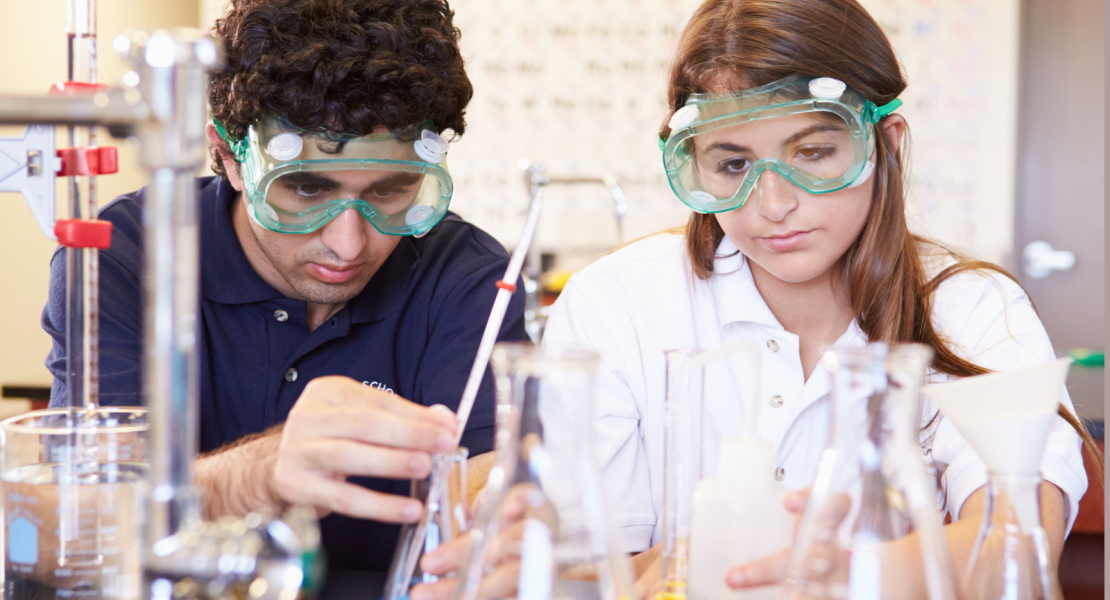Cheng, Y., Chen, I. C., Schneider, B., Reckase, M., & Krajcik, J. (2024). Gender differences and similarities in high school science performance— what do item response patterns tell us? Applied Measurement in Education, 37(4), 305–328. https://doi.org/10.1080/08957347.2024.2431007
Research
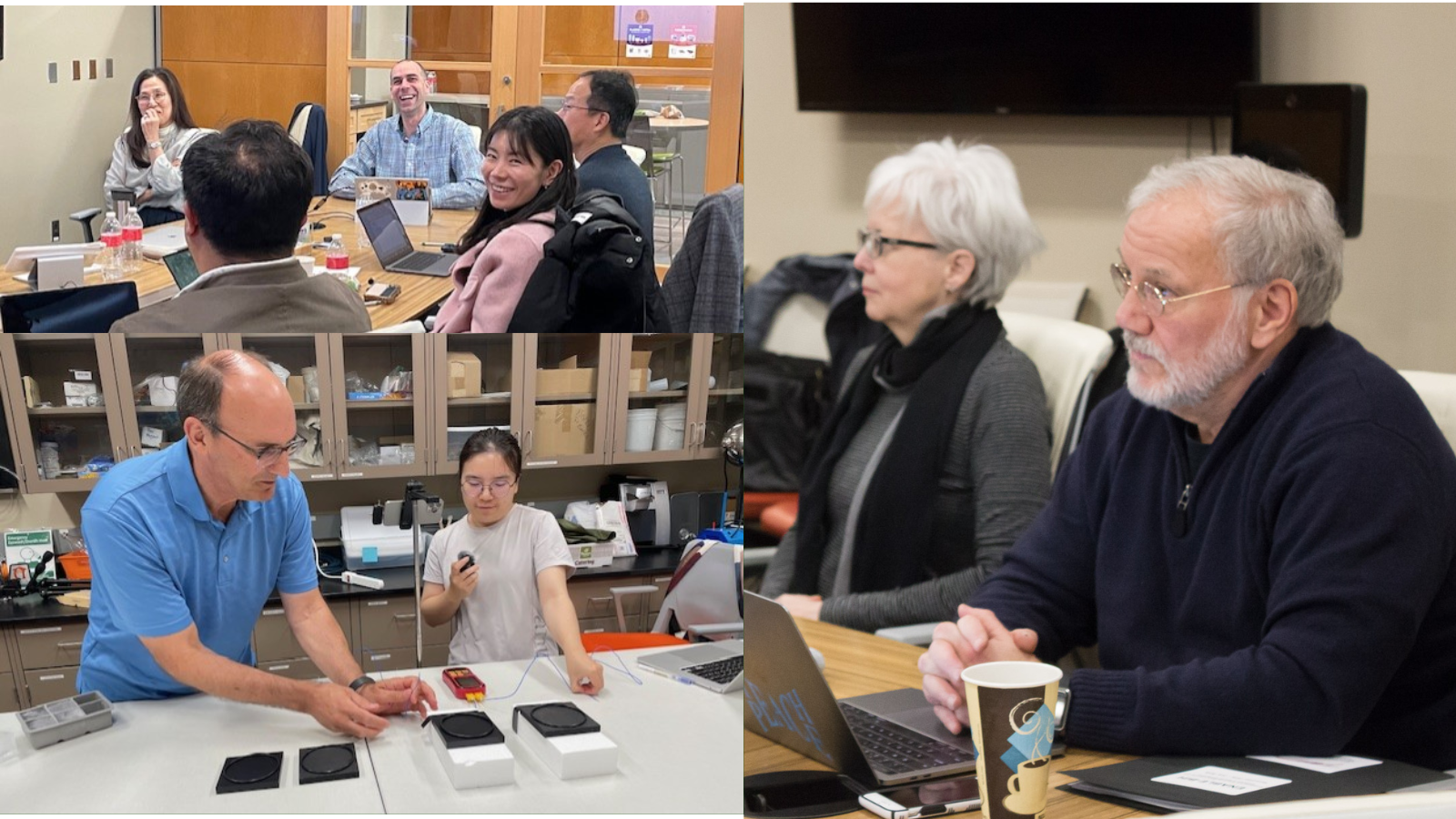
CREATE for STEM Institute teams conduct research that focuses on impactful projects in undergraduate education through Discipline-Based Educational Research (DBER). We design innovative K-16 science curricula and investigate the effects of new teaching methods on student learning, engagement, and community impact, with our work increasingly incorporating artificial intelligence to enhance support for teachers and learners. We are leaders in STEM assessment design and professional development for educators, collaborating with international partners in over a dozen countries. CREATE fosters new talent, provides seed money for initial work and supports the grant writing process. Our goal is for CREATE to be a hub for the exchange of information and ideas!
-
-
Enhancing the Teacher-Curriculum Relationship in Problem-Based Mathematics Classrooms
-
Michigan Teachers Exploring Nature: Thinking Beyond Four Walls
-
Crafting Engagement for Science Environments
-
Collaborative Research: Moving beyond access, increasing teacher knowledge to teach rigorous equity-focused high school computing
-
Culturally Responsive Crafting Engaging Science Environments (CR-CESE)
-
Interactions - High School Physical Science Curriculum
-
Supporting High School Students in Constructing Quantitative Knowledge-in-Use of Energy
-
Developing a Teacher Micro-credential for Integrating Computational Thinking Across Disciplines
-
Collaborative Research: Modeling inclusive computational thinking instruction
-
3DLP (Learning Progression)
-
Multiple Literacies in Project-Based Learning
-
Auto Feedback 3DLP
-
Circadian regulation in potatoes
-
Collaborative Research: Scaffolding Computational Thinking Through Multilevel System Modeling
-
Assessing Mathematical Sensemaking in Science (AMASS)
-
Health in Our Hands: A New Genomic Framework for Schools and Communities
-
Supporting Instructional Decision Making (PASTA)
Publications
2024
Li, T., Chen, I.-C., Adah Miller, E., Miller, C. S., Schneider, B., & Krajcik, J. (2024). The relationships between elementary students' knowledge-in-use performance and their science achievement. Journal of Research in Science Teaching, 61(2), 358-418. https://doi.org/https://doi.org/10.1002/tea.21900
Nordine, J., Kubsch, M., Fortus, D., Krajcik, J., & Neumann, K. (2024). Middle school students’ use of the energy concept to engage in new learning: What ideas matter? Journal of Research in Science Teaching, 61(9), 2191–2222. https://doi.org/10.1002/tea.21950
Jin, H., Yan, D., & Krajcik, J. (Eds.). (2024). Handbook of research on science learning progressions (1st ed.). Routledge. https://doi.org/10.4324/9781003170785
He, P. Shin, N., Zhai, X. & Krajcik, J. (2024). A design framework for integrating artificial intelligence to support teachers’ timely use of knowledge-in-use assessments in K-12 STEM Classrooms, Zhai, X. & Krajcik, J. Uses of Artificial Intelligence in STEM Education. Oxford University Press, Oxford.
Haudek, K. C., & Zhai, X. (2024). Examining the effect of assessment construct characteristics on machine learning scoring of scientific argumentation. International Journal of Artificial Intelligence in Education. 34, 1482-1509. https://doi.org/10.1007/s40593-023-00385-8
Harris, C. J., Krajcik, J., & Pellegrino, J. W. (2024). Creating and using instructionally supportive assessments in NGSS classrooms. NSTA Press.
Eidin, E., Bielik, T., Touitou, I., Bowers, J., McIntyre, C., Damelin, D., & Krajcik, J. (2024). Thinking in terms of change over time: Opportunities and challenges of using system dynamics models. Journal of Science Education and Technology, 33(1), 1–28. https://doi.org/10.1007/s10956-023-10047-y
De Jong, T., Lazonder, A. W., Chinn, C. A., Fischer, F., Gobert, J., Hmelo-Silver, C. E., Koedinger, K. R., Krajcik, J. S., Kyza, E. A., Linn, M. C., Pedaste, M., Scheiter, K., & Zacharia, Z. C. (2024). Beyond inquiry or direct instruction: Pressing issues for designing impactful science learning opportunities. Educational Research Review, 44. https://doi.org/10.1016/j.edurev.2024.100623
Akgun, S. & Krajcik, J. (2024). Artificial intelligence (AI) as the growing actor in education: Raising critical consciousness towards power and ethics of AI in K-12 STEM classrooms. In Zhai, X. & Krajcik, J. (Eds.), Uses of artificial intelligence in STEM education (pp. 494-521). Oxford University Press.

